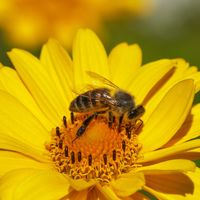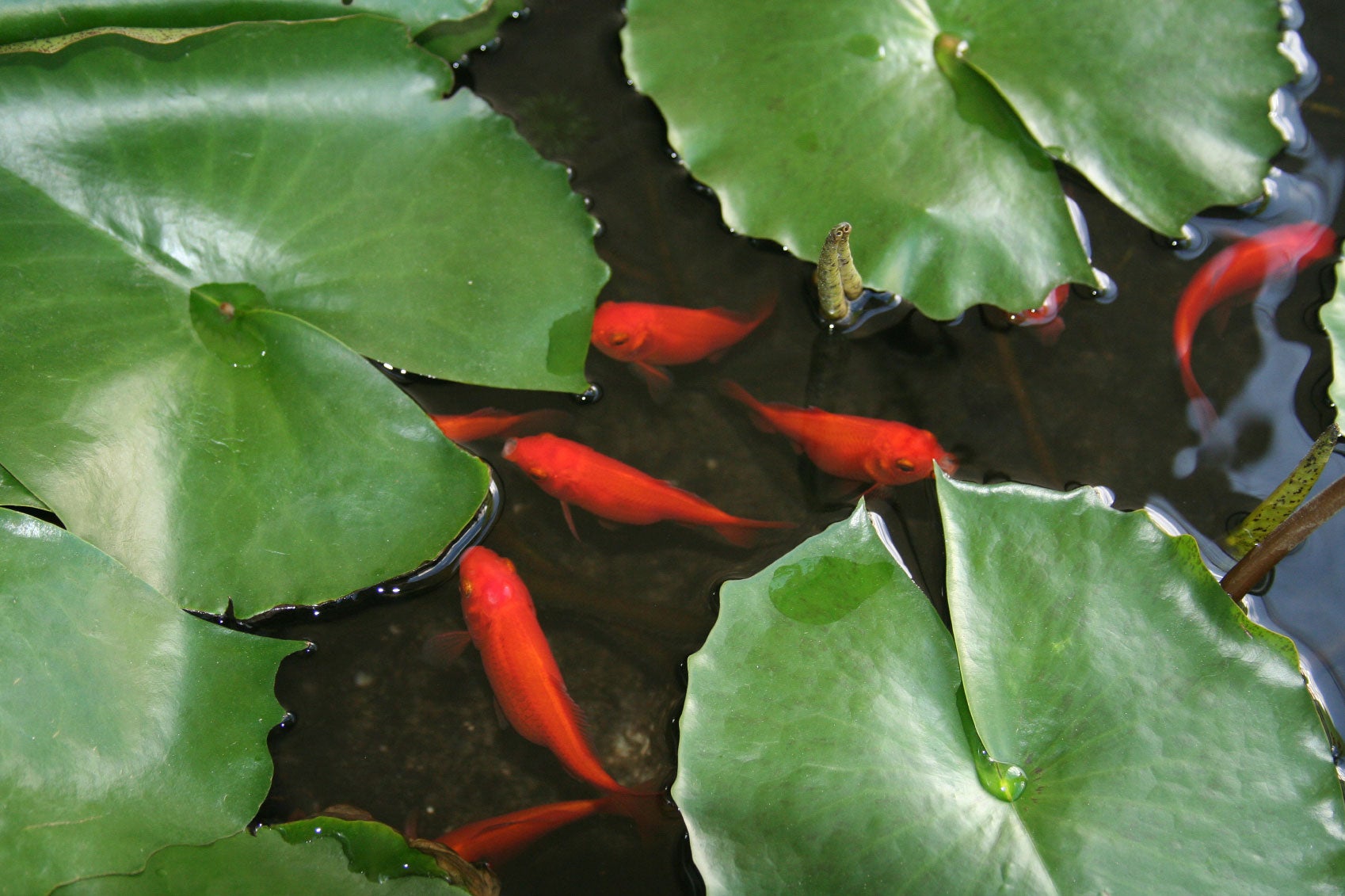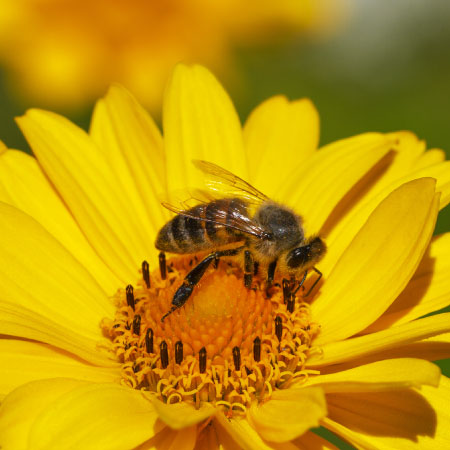Fish Care Tips: Care Of Fish In Water Features And Small Ponds


Sign up for the Gardening Know How newsletter today and receive a free copy of our e-book "How to Grow Delicious Tomatoes".
You are now subscribed
Your newsletter sign-up was successful
Nothing adds to the enjoyment of your garden water feature like the addition of fish, making your knowledge of water feature fish maintenance paramount. Read this article for some general fish care tips and advice.
Care of Fish in Water Features
Taking care of fish in water features isn't difficult, and it only adds a little time to your routine pond maintenance. Fish care in garden ponds usually consists of a suitable location and plants, feeding, and cleaning.
Location and Plant Selection
Choosing the right location cuts down on water feature fish maintenance and may prevent disappointment later on. Here are some things to consider when choosing a location: Fish need shady areas where they can escape the relentless heat in summer, but deciduous plants can choke the water feature with leaves. Instead, use floating plants such as water lilies, to provide shade. Most aquatic plants grow best in full sun. Avoid low areas where lawn and garden runoff collect. Runoff from herbicides, pesticides, and fertilizer can poison fish. Make sure overflow and drainage from the pond move away from your house. Plants are essential if you plan to keep fish in your pond. Oxygenating plants, such as elodea, remove carbon dioxide and add oxygen. They also help keep the water clear. Oxygenators are usually found in the middle depths of the pond. Plants that float on the surface provide shade and places to hide from predatory animals. Wait until the plants become established before adding fish to the pond.
Feeding Your Fish
Fish living in an established garden pond have access to natural foods such as algae, insects, and plants. They don't need feeding every day and can even make do on their own for a couple of weeks while you are away on vacation. Although they may survive without manufactured food, you'll have larger, healthier fish if you provide them with a good commercial diet. Feed your fish only as much as they greedily consume in a short time. Too much results in more waste and algae in your backyard fish pond. Here are some guidelines:
- In the summer when the water temperature is above 60 degrees Fahrenheit (15 C.), feed your fish a high protein food every day or every other day.
- In the spring and fall when the water temperature is cooler, but still above 50 degrees F. (10 C.), feed them a wheat germ diet that is easy to digest.
- When the temperature drops below 50 degrees F. (10 C.), discontinue feeding.
Cleaning the Backyard Fish Pond
A healthy, well-established pond that receives the proper amount of sunlight resists algae. Make sure 50 to 75 percent of the surface is covered with floating plants or other sources of shade. Excess nutrients also encourage algae. Waste from waterfowl, lawn, or garden runoff and pond plant fertilizer are common sources of excess nutrients. If you can't find the cause, you can try using an algaecide. Keep in mind that algaecides may harm your pond plants, and the results are usually temporary. Spring is the best time for annual pond maintenance. Remove accumulated debris on the bottom of the pond and remove dead leaves that float on top of the water. You can cut down on this type of maintenance by placing a net over the pond before deciduous leaves drop in fall. If water is draining from the pond, check the lining and repair cracks and holes. Smaller ponds may need to be drained, cleaned, and refilled every two or three years. The larger the pond, the longer you can go without draining the pond. You may be able to get by with only draining half of the water so you don't have to remove your plants and fish while you clean the liner. Refill the pond slowly so that you don't shock the fish with the addition of a lot of cold water at once.
Sign up for the Gardening Know How newsletter today and receive a free copy of our e-book "How to Grow Delicious Tomatoes".

Jackie Carroll has written over 500 articles for Gardening Know How on a wide range of topics.